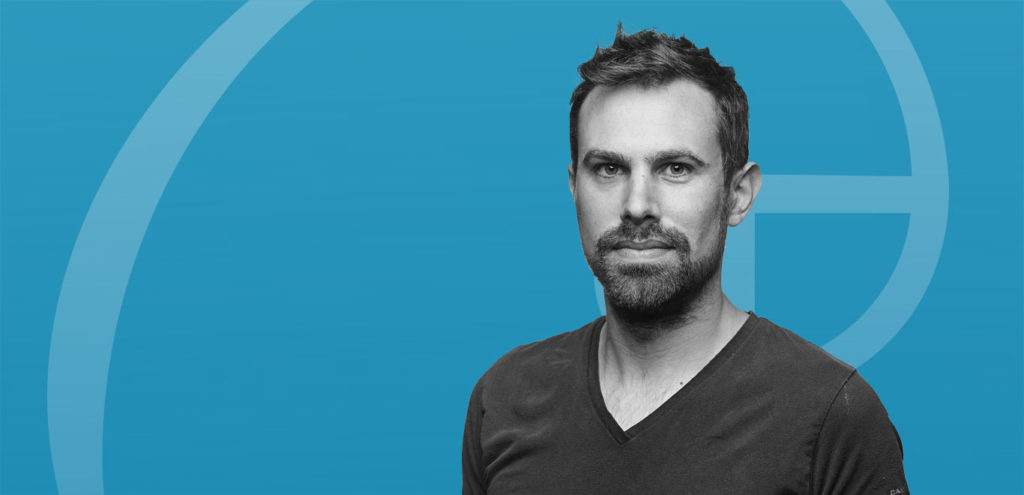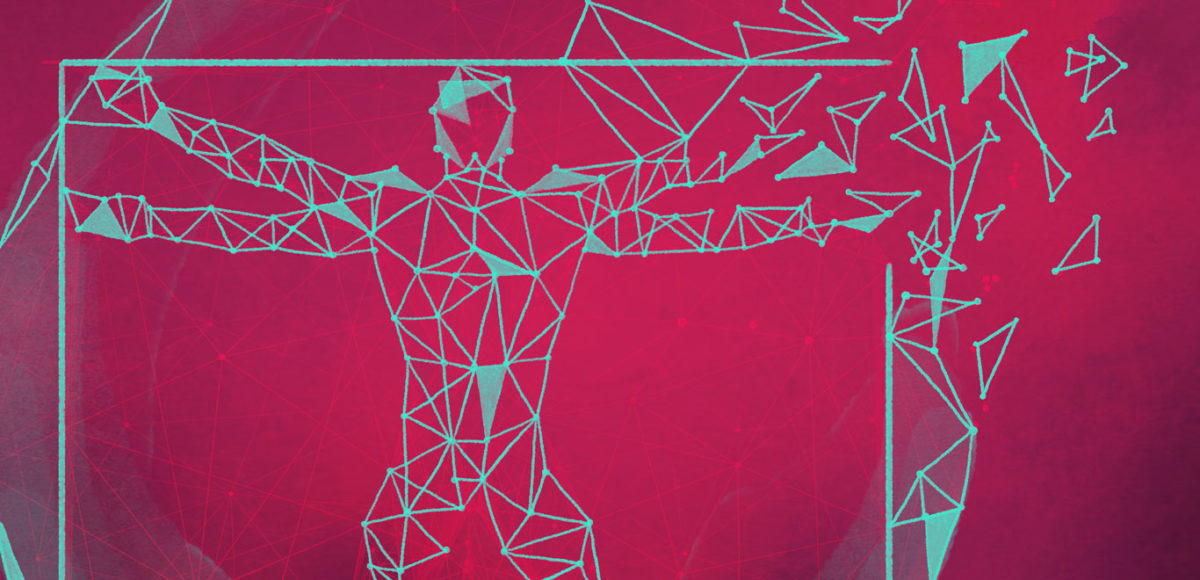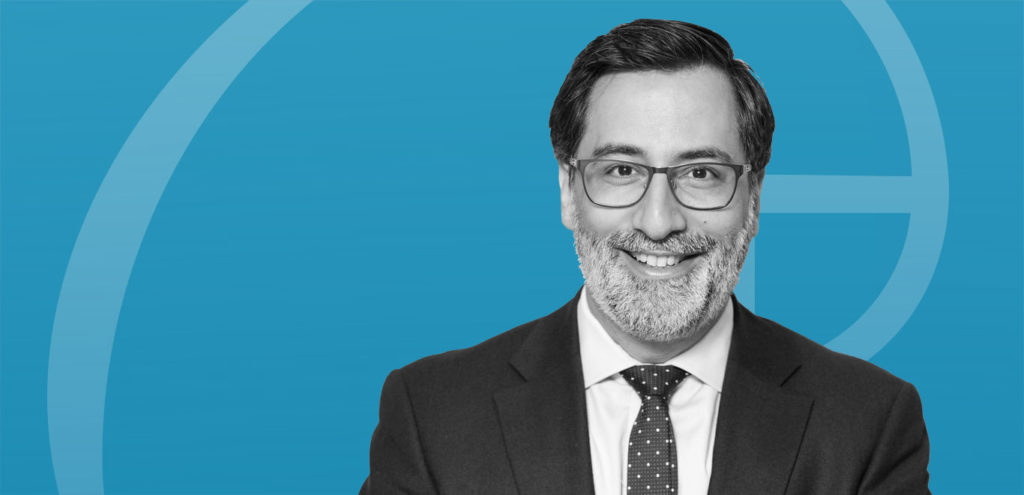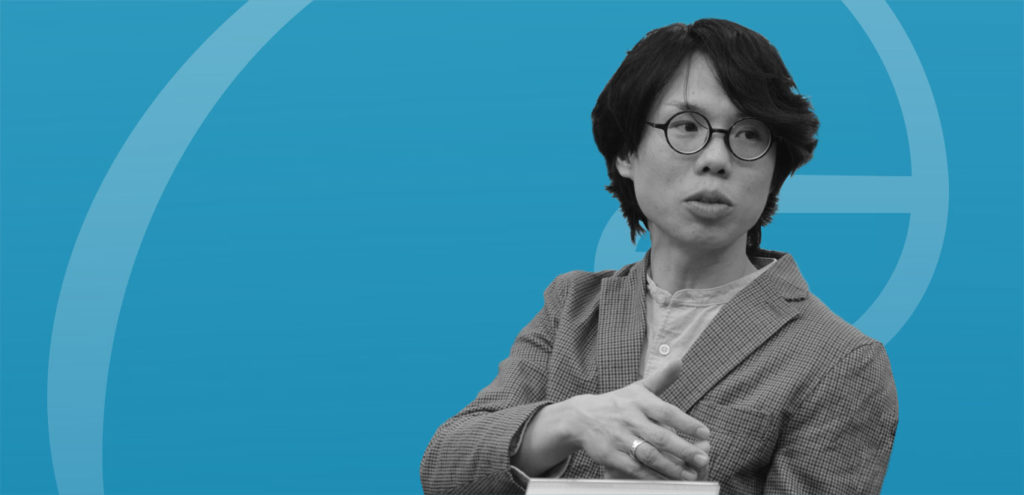On June 20th, 2019, Conditio Humana warmly invited guests to discuss topics related to artificial intelligence and network with other individuals with an interest in AI and ethics. For this special event, attendees met at the Unicorn workspace in Berlin.
Alexander Görlach, Pak-Hang Wong and Pieter Buteneers lead a discussion about the theoretical and practical possibilities offered by AI and the ethical principles that need to be considered.
They draw comparisons between the philosophies of the western and eastern world and how they will potentially come into play regarding an international standard for artificial intelligence ethics.
Couldn’t make it to the event? Here are just some of the key takeaways from the soirée.
- “When your prediction doesn’t match reality, that’s when you become conscious of your surroundings. I am convinced consciousness is not this super magical thing. Even our emotions, in my view, they are part of how we evolved. For smaller creatures that live with others, mimicking behavior, and having empathy and sympathy, being able to put ourselves in someone’s position, become very useful.” – Pieter Buteneers
- “What is the goal of machine learning? Is it to optimize it well enough that you will reach the general level of intelligence, or do you need something more? If the answer is something more, then we need to answer what that something more is.” – Pak-Hang Wong
- “Algorithms can show our bias of racism. For example, if you Google ‘ten black teenagers’ you will see mugshots, and if you Google ‘ten white teenagers’, you get happy smiling photos. If you decide to click on a picture of a mugshot, Google is keeping track of that bias. You are training the algorithm. The Google algorithm is based on clicks. There is always that risk.” – Pieter Buteneers
- “I don’t really like the word ‘optimizations’ because there are certain things we don’t necessarily want to optimize, we just want to get through it. But I think part of the thing we want to optimize is not just for individuals or for the person, but also at the political levels.” – Pak-Hang Wong
- “Something I think you cannot compare to machines: they have no intrinsic mechanism that makes them want to live. Humans want to live and do not want to die.” – Alexander Görlach
- “Is there a good argument to say that we are somehow special? At some point, I don’t see why an algorithm cannot learn to mimic what makes humans special.” – Pieter Buteneers
- “For philosophers, I think there are two sets of AI scenarios: One such is the ‘Terminator’ kind of scenario, where we are working on the implications that we have with that kind of technology, that kind of artificial general intelligence. On the other hand, there is a simpler version of machine-learning based on artificial intelligence. I think for me, imitation is important but what is more important is the ability to have self-consciousness. The current versions of machine learning do have this capacity yet.” – Pak-Hang Wong
A very special thanks again to Alexander Görlach, Pak-Hang Wong, and Pieter Buteneers for an insightful evening.
Alexander Görlach is the editor in chief of conditiohumana.io. He is a linguist and theologian who works on narratives of identity, politics, and religion, and liberal democracy, as well as secularism, pluralism, and cosmopolitanism. He was a visiting scholar to both Harvard Divinity School and Harvard Center for European Studies and a J. F. Kennedy Memorial Policy Fellow at that Center in the academic years 2014-2017.
Pak-Hang Wong is a philosopher of technology in the Research Group for Ethics in Information Technology at the Department of Informatics, Universität Hamburg, where he examines social, ethical, and political issues of Algorithms, Big Data, Artificial Intelligence, Robotics, and other emerging technologies. He is the co-editor of Well-Being in Contemporary Society (2015, Springer), and has been published in various academic journals. At present, his research focuses on digital technologies’ challenges to our understanding of moral responsibility and the practice of virtue cultivation.

Dr. Pieter Buteneers started his career in academia, first as a PhD student and later as a post-doc, where he did research on Machine Learning, Deep Learning, Brain Computer Interfaces and Epilepsy. He won the first prize in the biggest Deep Learning competition of 2015 together with a team machine learners from Ghent University: the National Data Science Bowl hosted on kaggle.com. In 2016, he finished his MBA at Flanders Business School and now he works as a Data Strategy and Machine Learning Consultant. He is also part of the advisory board and shapes the program of Machine Learning Conference.

 | Technology, AI and ethics.
| Technology, AI and ethics.



